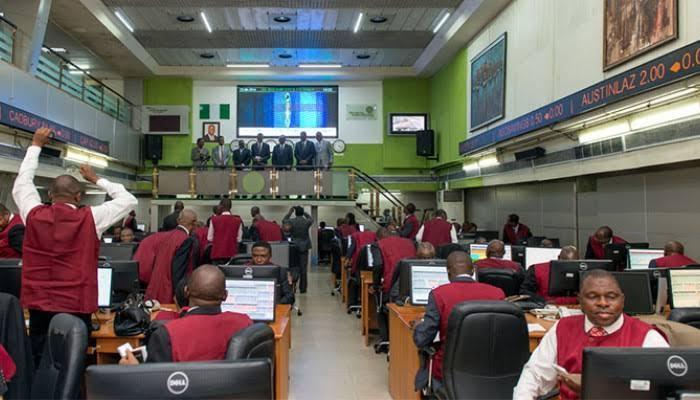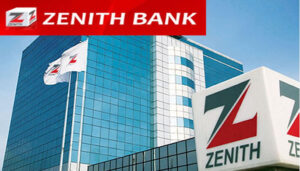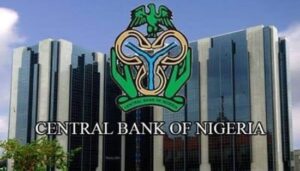
For those not keeping track, Nigerian stocks are getting punished this year. The Global X MSCI Nigeria ETF NGE,-1.11%, the lone exchange traded fund dedicated to stocks in Africa’s second-largest economy, is lower by 20.46% year to date. By comparison, the MSCI Frontier Markets 100 Index, in which Nigeria is a major country weight, is higher by 10.67%.
As is the case with so many markets, developed, emerging and frontier, Nigeria is home to a central bank that has been active. How effective that central bank has been is another matter. NGE and Nigerian stocks have been confounded this year by the The Central Bank of Nigeria’s efforts to boost the local economy while keeping its currency afloat.
“Attempts to reconcile competing goals through unconventional macroeconomic management and weaknesses in policy settings are raising medium-term vulnerabilities to shocks, which could make the economy more exposed to falling oil prices or disruptions to hydrocarbon production,” said Fitch Ratings in a recent note.
While Nigeria is a member of the Organization of Petroleum Exporting Countries, the central bank’s recent efforts focused on supporting the country’s banks. That’s relevant to NGE because the ETF allocates over 48% of its weight to financial services stocks. Consumer staples is the only other sector weight of consequence at almost 29%.
“Tight management of domestic liquidity has been the key pillar of Nigeria’s exchange-rate policy in recent years,” according to Fitch. “However, several recent measures to boost lending have contributed to a temporary loosening of domestic financing conditions. This has combined with falling oil prices and deteriorating investor sentiment towards emerging markets to put pressure on the naira.
“The measures, announced by the CBN in July, included a requirement for banks to have a loans-to-deposits ratio of at least 60% at end-September and tighter restrictions on the amount of remunerable deposits that banks can park at the central bank.”
NGE has annualized volatility of almost 24% and the average market value of its holdings is just $1 billion, making this is a small-cap fund.
Inflation is a problem for NGE and Nigerian assets and presents a threat to the country’s already strained exchange rate.
“Inflation at about 11% already raises the risk of an overvaluation of the real effective exchange rate, which could put more pressure on the naira and increase the risk of a sharp adjustment following an oil price shock. Withdrawal of portfolio investors would aggravate potential balance of payment pressures,” according to Fitch.
You may be interested

‘I’m Incredibly Proud’– Arokodare Talks Up Genk’s Unbeaten Home Streak
Webby - December 23, 2024Tolu Arokodare is full of excitement followingGenk’s historic victory over Anderlecht, reports Completesports.com.Sunday’s win at the Cegeka Arena was the…

WAFU B U-17 Girls Cup: Ghana Edge Gallant Flamingos On Penalties In Final
Webby - December 22, 2024Despite a spirited performance Nigeria’s Flamingos lost on penalties to hosts Ghana on penalty shootout in the final of the…

Bournemouth Equal Burnley’s Old Trafford Feat After 3-0 Win Vs United
Webby - December 22, 2024Bournemouth’s 3-0 win against Manchester United on Sunday meant the Cherries equaled Burnley’s feat at Old Trafford.United went into the…
![Nigerian stocks are getting punished this year [See Details]](https://www.onlinenigeria.com/wp-content/uploads/2019/02/on-logo.png)





















![American Pastor, David Wilson Seen Eating The Box Of Woman Who Isn’t His Wife [Video]](https://onlinenigeria.com/wp-content/uploads/2019/10/american-pastor-david-wilson-seen-eating-the-box-of-woman-who-isnt-his-wife-video-150x150.jpg)









![Nigerian stocks are getting punished this year [See Details]](https://onlinenigeria.com/wp-content/uploads/2019/02/on-logo.png)